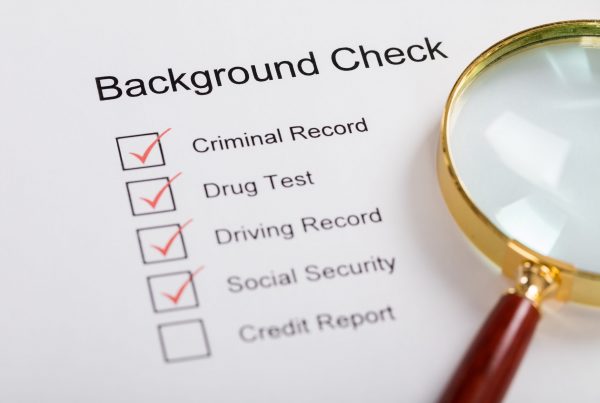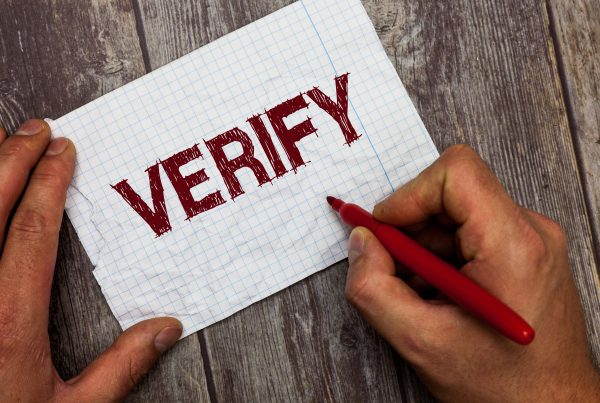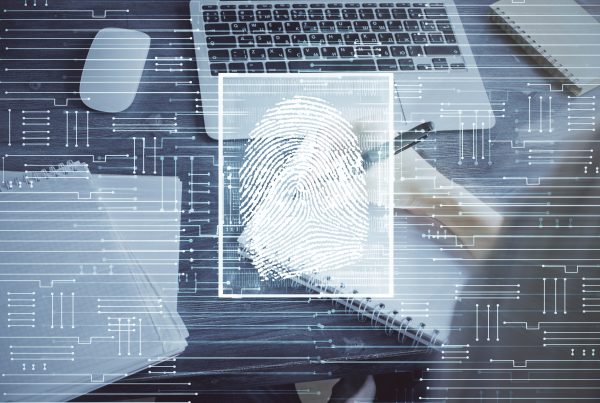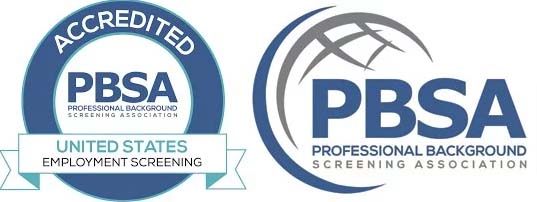
Though ink and paper print comparisons are now an antiquated process, many agencies and databases now use scanner technology to analyze prints. Technology has made the procedure more accurate and cost effective for businesses.
Fingerprinting services are provided by different organizations like Edge Information, a Florida fingerprinting service, throughout the United States. When potential hires agree to a fingerprint background check, they have their prints scanned and often sent to the FBI — which has the most complete fingerprint records — or possibly a state law enforcement agency to determine one’s criminal history.
The law enforcement agencies that the fingerprinting service work with will determine the amount of information an employer will receive on the potential hire. Not all fingerprint background checks will get a full picture of one’s criminal history. A state agency might not include arrests or infractions in other states or federal charges the potential employee might have.
However, there are several benefits to a fingerprint background check. Businesses will usually get results in about 24 hours. A federal match will come with a “rap sheet” that includes federal employment, military service and, of course, arrests. Any missing data will have to be searched for through state, county and municipal agencies.
Many fields like education, child care and health care require fingerprint background checks. Lawmakers generally believe fingerprint background checks are the “gold standard” because fingerprint data can cut down on false positives. People often have the same name but fingerprints are unique from person to person. Yet, despite the information they provide, some organizations like the National Association of Professional Background Screeners have tried to convince policymakers that fingerprint background checks are not all they’re cracked up to be.
Although fingerprint background checks provide concise information on potential employees, they are not infallible and the information is often incomplete. For instance, one study from the Government Accountability Office and the Department of Justice found that as many as half of all final dispositions were missing from criminal records.
Because of this, fingerprint background checks should be used as one part of the employment screening process, but hiring shouldn’t depend on it entirely. A complete background check should be run on all of your potential hires through a background screening company like Edge Information.










